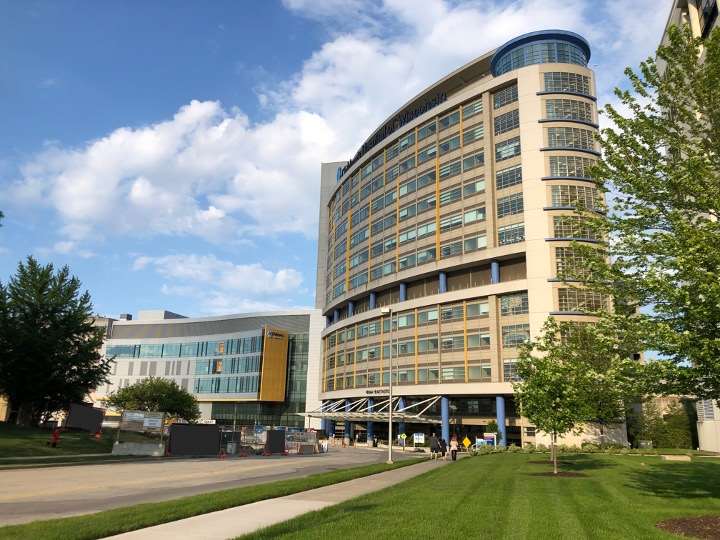Medical College of Wisconsin Pediatric Endocrinology Fellowship
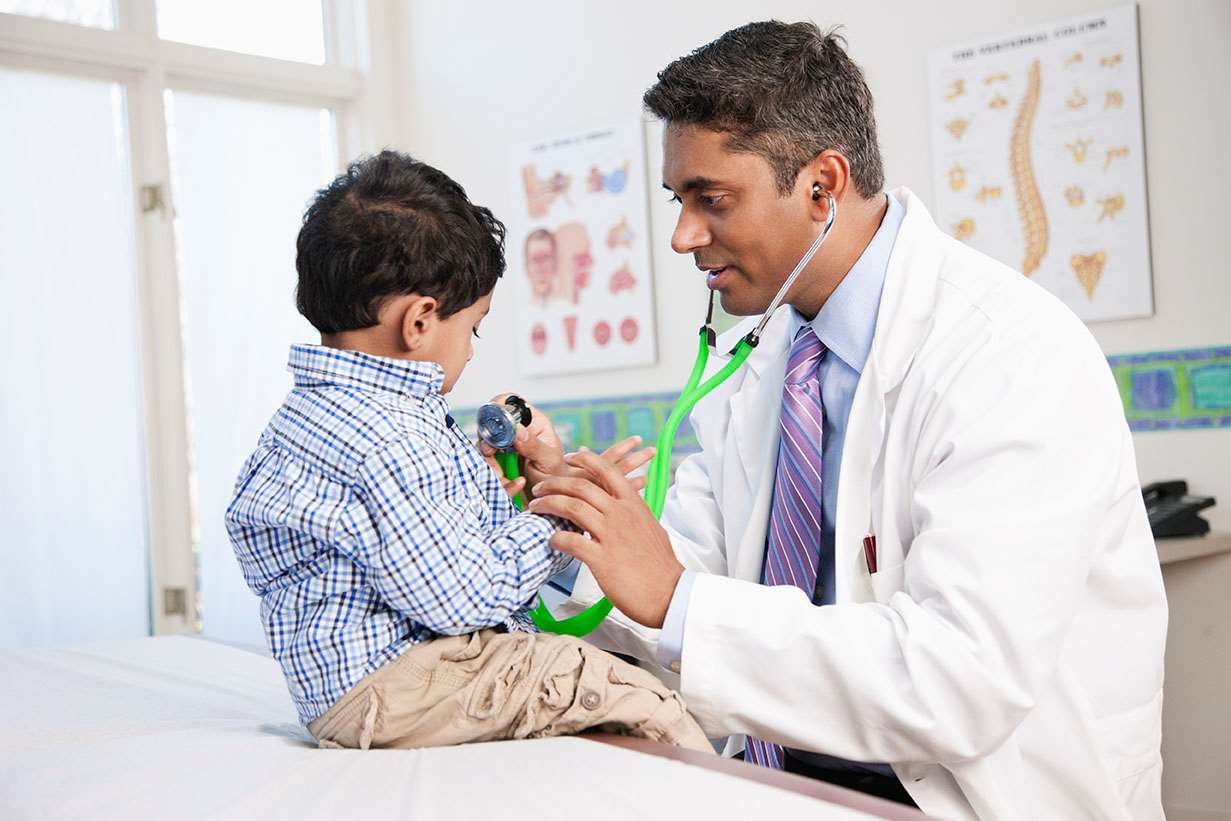
A Message from Our Program Director
Welcome to our Pediatric Endocrinology Fellowship webpage! Thank you for taking the time to get to know about us and our program. The Medical College of Wisconsin and Children’s Wisconsin is a very vibrant and collegial place to train for your next phase of education. We promise that you will see an extensive variety of endocrine pathology in a supportive environment that builds your autonomy. Our research opportunities are tremendous, and we are excited for the opportunity to help every fellow become the very best pediatric endocrinologist. Please reach out with any questions, and I would be very happy to discuss further.
Bethany Auble, MD
Director, Fellowship Program
Associate Professor of Pediatrics
Meet Our Fellowship Program Directors
Bethany Auble, MD, and Peter Wolfgram, MD, leaders of our Endocrinology Fellowship program, discuss the fellowship, MCW and Milwaukee.
Pediatric Endocrinology Fellowship Tour
See the people, spaces and places that make our Pediatric Endocrinology Fellowship so special.
Endocrinology Faculty Member/Former Fellow Discusses Our Program
Alison Coren, MD, recently completed her endocrinology fellowship here at MCW and joined our faculty. Hear what she had to say about her experience in our Fellowship program.
Endocrinology Faculty Member/Former Fellow Discusses Our Program
Sam Engle, DO, completed his endocrinology fellowship here at MCW and then became a faculty member. In this video, he talks about his experience in the program and what is great about MCW.
As a Pediatric Endocrinology fellow you will...
- Gain lots of experience treating children with common and rare endocrinopathies due to large referral area
- Learn from attending physicians who trained across the nation
- Establish a strong continuity clinic with increasing autonomy throughout training
- Work with other subspecialists in multidisciplinary clinics, including brain tumor, polycystic ovarian syndrome, differences in sex differentiation, neuro-oncology, and gender health clinics
- Develop bonds with other fellows through the FACTS sessions
- Experience all the other fun things Milwaukee has to offer (festivals, music events, restaurants, breweries, beautiful natural, etc.)!
About Our Institutions
Medical College of Wisconsin (MCW)
The Medical College of Wisconsin brings together the most inquisitive minds in science, medicine, education and community engagement to solve the toughest challenges in health and society today. Academic medicine is at the core, where scientists, physicians and students work hand-in-hand with the community to ask the questions no one else is and fuel the continuous cycle of knowledge that’s shaping the future of medicine.
Children’s Wisconsin
Children’s Wisconsin is the region’s only independent health care system dedicated solely to the health and well-being of children. We offer a wide range of care and support for children of all ages. Our services include medical care, dental care, child and family counseling, foster care, adoption, social services, child advocacy and injury prevention.
About Our Fellowship
Our Pediatric Endocrine Family Faces and Some Places
I trained at Children’s Wisconsin for residency and loved my experience so much that I decided to stay for fellowship! Children’s offers a wide breadth of clinical and research experiences, and the pediatric endocrine fellowship program is happy to work with each fellow, within the confines of the ACGME, to offer a unique training experience.
Dr. Allison Coren
Meet Our Fellows
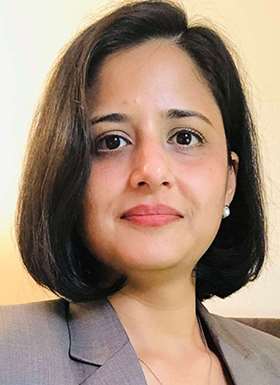
Shrestha Banga, MD
Pediatric Endocrinology Fellow, 2022-2025
Medical School: Christian Medical College, Ludhiana, India; Residency: Brookdale Hospital/One Brooklyn Health, Brooklyn, NY
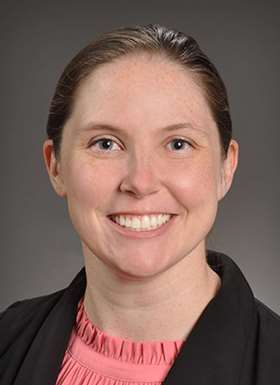
Anne Gladding, DO
Pediatric Endocrinology Fellow, 2022-2025
Medical School: Chicago College of Osteopathic Medicine/Midwestern University; Residency: Medical College of Wisconsin/Children's Wisconsin
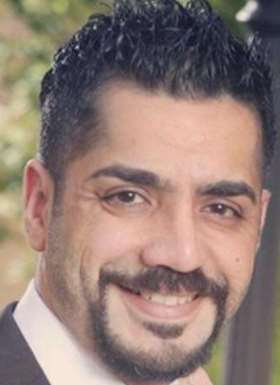
Jeries Said, MD
Pediatric Endocrinology Fellow, 2023-2027
Medical School: University of Jordan; Residency: Medical College of Wisconsin
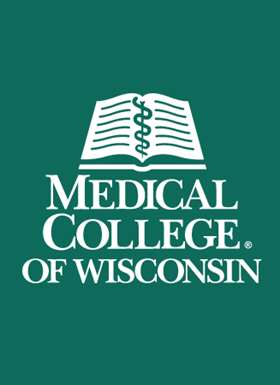
Caitlin Kaeppler, MD
Pediatric Endocrinology Fellow, 2024-2027
Medical School: University of Wisconsin-Madison School of Medicine and Public Health; Residency: University of Utah/Primary Children’s Hospital
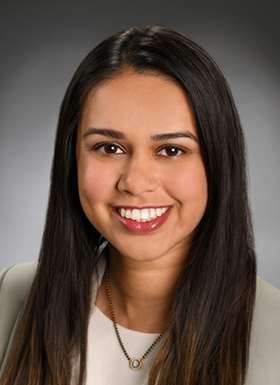
Karishma Kadakia, DO
Pediatric Endocrinology Fellow, 2024-2027
Medical School: Midwestern University - Chicago College of Osteopathic Medicine; Residency: Loyola University
Meet Our Team
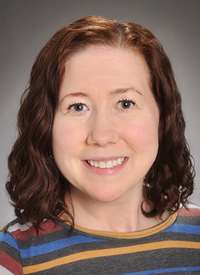
Bethany Auble, MD
Associate Professor; Fellowship Program Director; Associate Residency Program Director
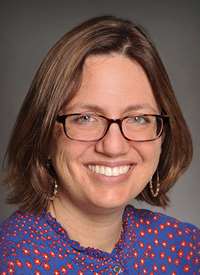
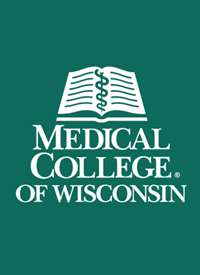
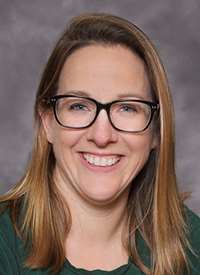
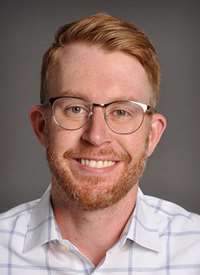
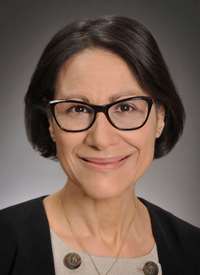
Rosanna Fiallo-Scharer, MD
Professor; Diabetes Program Director
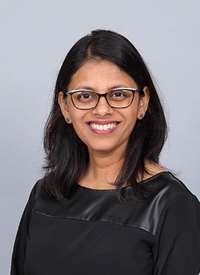

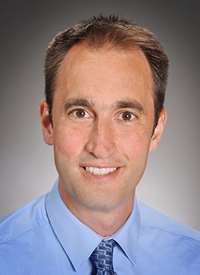
Peter M. Wolfgram, MD
Associate Professor; Fellowship Associate Director; Associate Residency Program Director
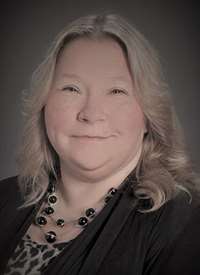
Connie Chase, BS, C-TAGME
Fellowship Coordinator, Child Advocacy and Protection, Pediatric Endocrinology and Neonatal Perinatal, and FACTS
Contact Us
Connie Chase
Pediatric Endocrinology Fellowship Program Coordinator
Children’s Corporate Center
999 N. 92nd St., Suite 730
Milwaukee, WI 53226
(414) 337-5499
cchase@mcw.edu











